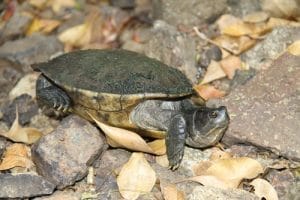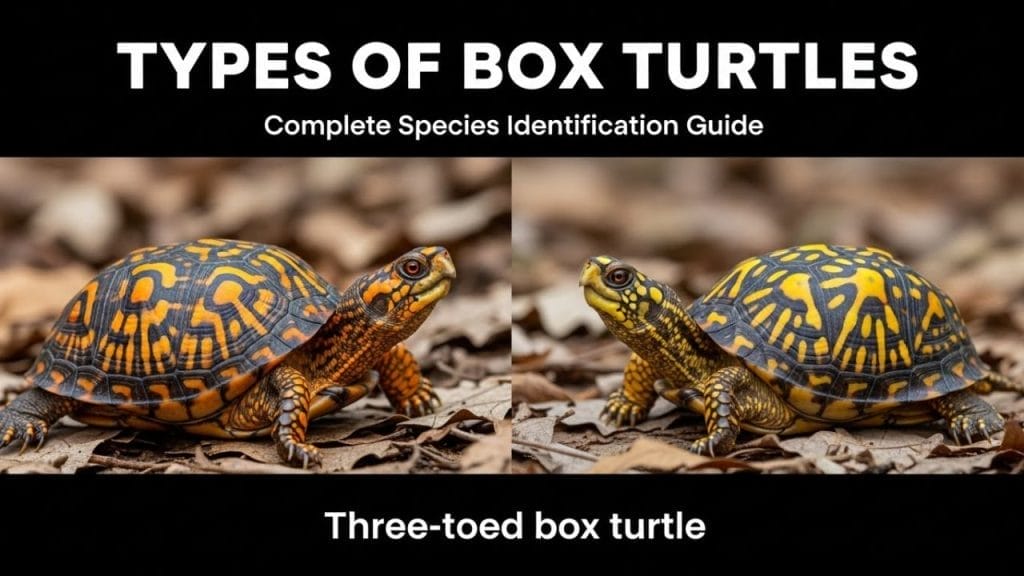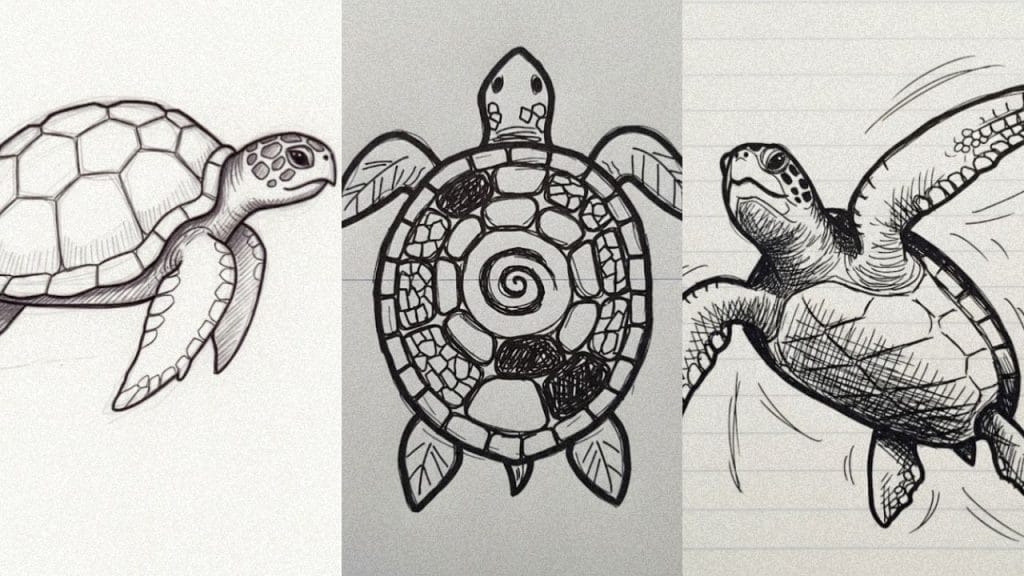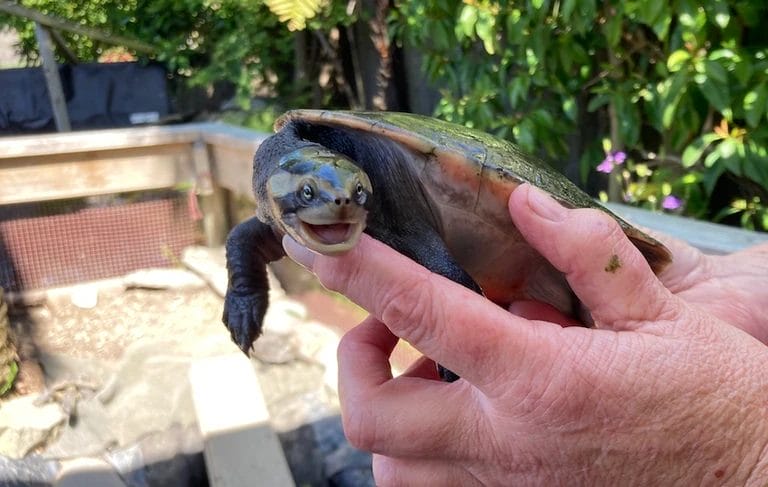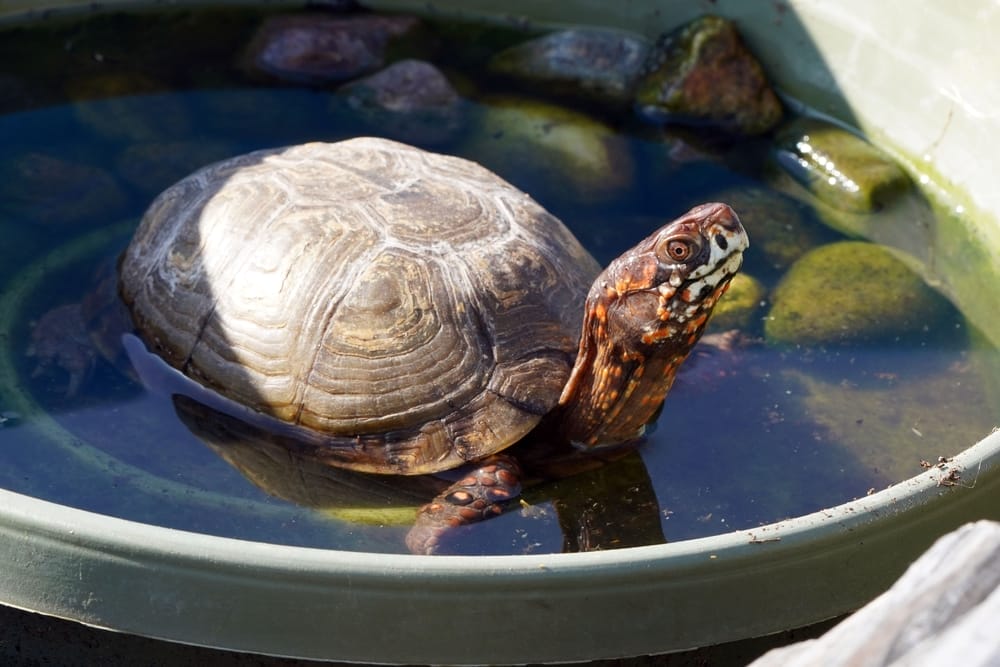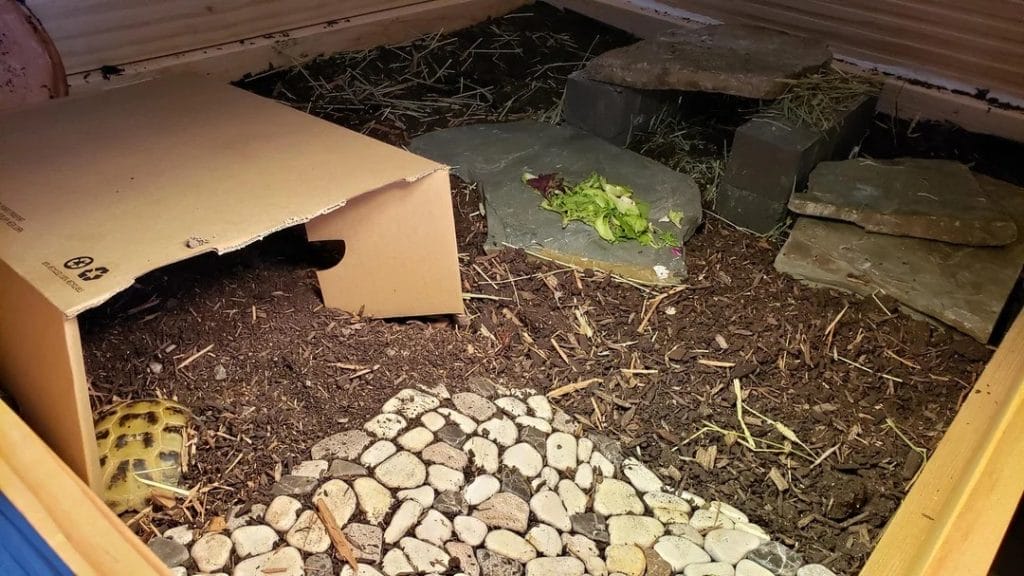Trachemys medemi (Atrato slider)
Home > Turtle Database > Trachemys medemi (Atrato slider)
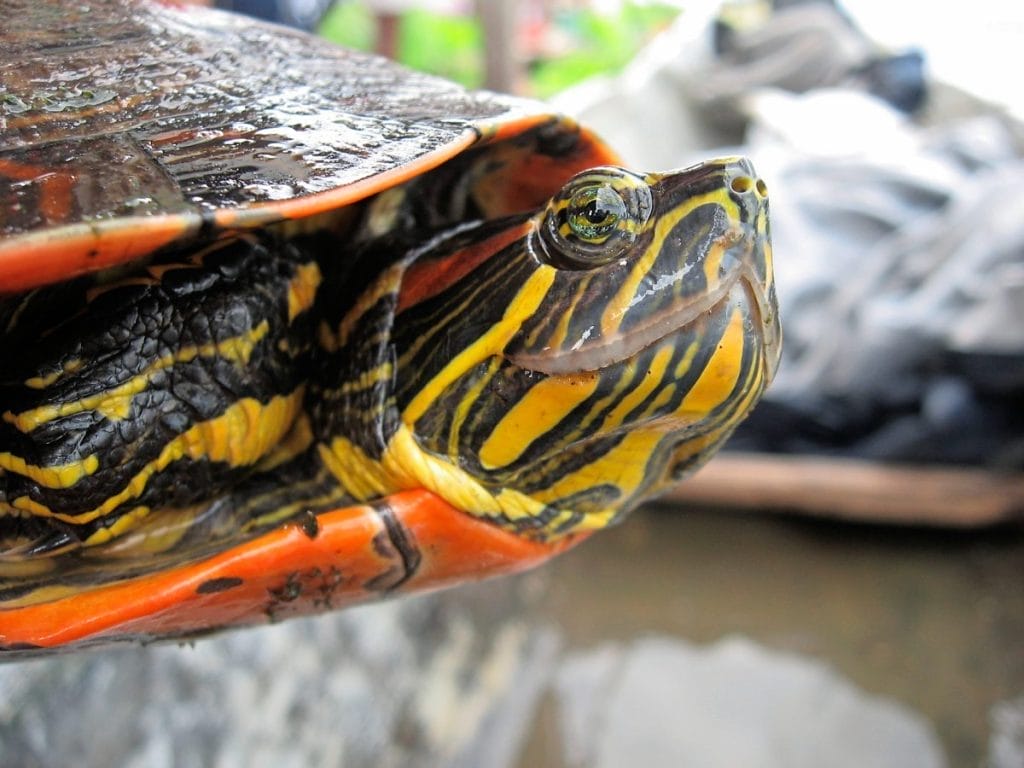
Trachemys medemi, also called the Atrato slider, is a freshwater turtle found in Colombia. It’s closely related to other sliders but has distinct markings and a limited range. This species lives mostly in rivers and wetlands with slow-moving water.
Native To These Regions
Antioquia (Colombia), Chocó (Colombia)Native Turtle Species Map – Find Turtles by Region
Scientific Classification
Kingdom: Animalia
Phylum: Chordata
Class: Reptilia
Order: Testudines
Family: Emydidae
Genus: Trachemys
Species: Trachemys medemi
Common Names
Atrato slider
Trachemys del Atrato
This Hilarious Turtle Book Might Know Your Pet Better Than You Do
Let’s be real—most turtle care guides feel like reading a textbook written by a sleep-deprived zookeeper.
This one’s not that.
Told from the snarky point of view of a grumpy, judgmental turtle, 21 Turtle Truths You’ll Never Read in a Care Guide is packed with sarcasm, sass, and surprisingly useful insights.
And hey—you don’t have to commit to the whole thing just yet.
Grab 2 free truths from the ebook and get a taste of what your turtle really thinks about your setup, your food choices, and that weird plastic palm tree.
It’s funny, it’s honest, and if you’ve ever owned a turtle who glares at you like you’re the problem—you’ll feel seen.
Identification
Description
The Atrato slider has an oval, smooth shell with green to olive tones and yellow striping. The head and limbs are also marked with thin yellow lines. Adults can grow up to 30 cm (12 inches) in shell length.
Sexual Dimorphism
Males are usually smaller than females. They have longer tails and longer front claws, which they use during courtship.
Check more turtles from the Trachemys genus
Native Origin and Distribution
Geographical Range
This turtle is found mainly in northwestern Colombia, especially in the Atrato River Basin. Its range is very limited and does not extend into other countries.
Preferred Habitat
Trachemys medemi prefers slow-moving rivers, swamps, marshes, and ponds. It needs access to both water and sunny basking spots like logs or rocks. It thrives in warm, humid climates.
Behavior
Feeding Habits
It is omnivorous, feeding on aquatic plants, insects, small fish, and carrion. Juveniles eat more meat, while adults eat more plant matter.
Predators
Eggs and hatchlings are eaten by birds, raccoons, fish, and other reptiles. Adults are less vulnerable but may still be preyed on by large animals and humans.
Reproduction
Breeding Season
Mating usually occurs during the warmer months, from late spring to early fall, depending on rainfall and local conditions.
Reproductive Method
Females lay eggs in sandy or soft soil near water. A single clutch can have 5 to 20 eggs. Hatchlings emerge after about 60 to 80 days, depending on temperature.
Conservation
Extinction Status
Not evaluated
Threats
Habitat destruction from deforestation, mining, and agriculture is a major threat. Pollution and collection for the pet trade also put pressure on wild populations.
Conservation Measures
There are no strong conservation actions in place specifically for this species. More research and habitat protection are needed.
Economic Importance
Locally, these turtles may be caught for food or sold as pets. Their impact on the larger economy is minimal, but they are part of local ecosystems and may have value for ecotourism and education.
Interesting Facts
The species is named after Federico Medem, a well-known herpetologist.
It was once grouped with Trachemys venusta but later given its own species status due to genetic differences.
Unlike more common slider species, the Atrato slider is only found in a small part of Colombia.

About Author
Muntaseer Rahman started keeping pet turtles back in 2013. He also owns the largest Turtle & Tortoise Facebook community in Bangladesh. These days he is mostly active on Facebook.



